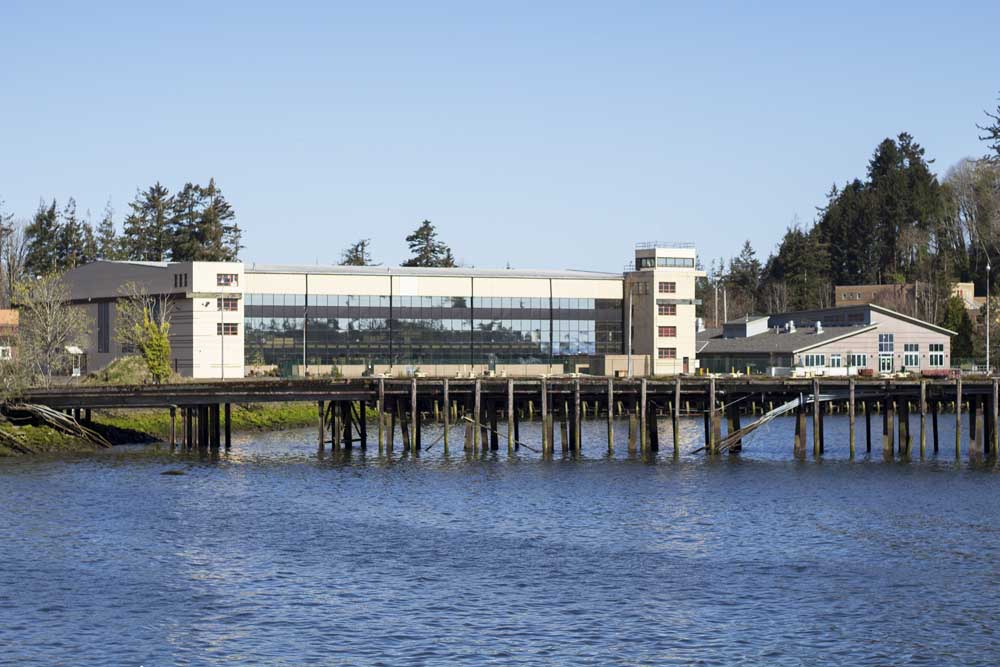The Bannock Indian War reaches Pendleton
Published 10:05 am Wednesday, June 19, 2019
In June 1878, Bannock and Paiute Native Americans from southern Idaho swept into Oregon and headed in a northwestern direction, hoping to link up with disaffected tribes on the Umatilla Reservations. If successful in this move, the rebelling tribesman planned to cross the Columbia River to gather more support from angry tribes on the Yakama Reservation and generally lay waste all of the white settlements in their way.
The hostile Bannocks and Paiutes entered Oregon in what is today northern Malheur County and rapidly pushed on through the John Day River Valley and turned north, pausing briefly in Fox and Long Creek valleys, before joining battle on July 8 with United States Army troops under General O. O. Howard just south of Pilot Rock, Oregon, at the head of Butter and Birch creeks.
The army decisively defeated the Bannocks and Paiutes in the ensuing battle. In skirmishes over the next few weeks, the Army pressed its campaign to defeat and round up the scattered remnants of hostile Native Americans and return them to their respective reservations.
During the rapidly unfolding events of the Bannock War, people in Umatilla County were thrown into a panic, fearing that the Umatilla Indians would join the invading hostiles and wipe out the town and surrounding ranches. Hundreds of families crowed into Pendleton from the surrounding area and townsmen hastily threw up defenses around the courthouse. Women and children went to Byers’ substantial flour mill for shelter.
In words that could be a screenplay for a John Ford western, in the July 6, 1878 issue of the EO, the editor wrote, “The Indian excitement has been at fever heat for several days. . . . Teams arrived at all hours during the night and up to a late hour Wednesday morning. Campers on every street; the school houses are filled and the rest take shelter where opportunity offers. Calico was seen on every fence corner wondering, what next. A company was organized to guard the town and another party of 10 which took their departure for the scene of war. Several more joined at Pilot Rock and started in company with several Umatilla Indians.”
The volunteers skirmished with the hostile tribesmen but generally proved ineffective until the regular Army troops arrived and systematically suppressed the uprising. By the end of July life began to return to normal in Pendleton, but hereafter editor J.H. Turner turned his ire towards all Native Americans and especially those on the Umatilla Reservation.
People in Umatilla County were thrown into a panic





